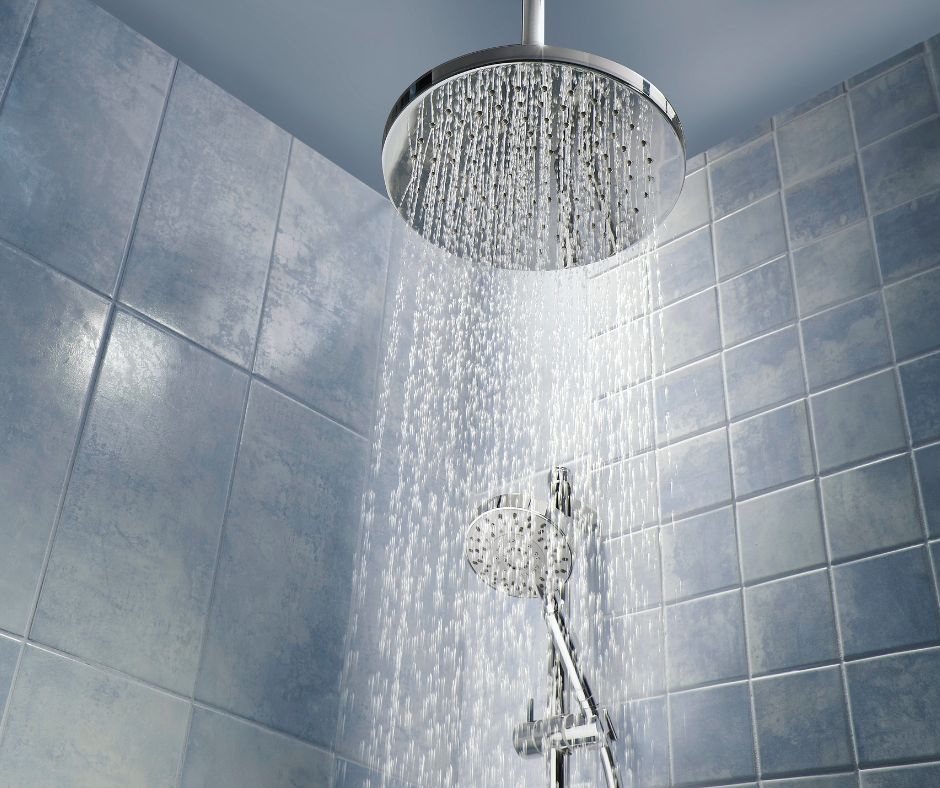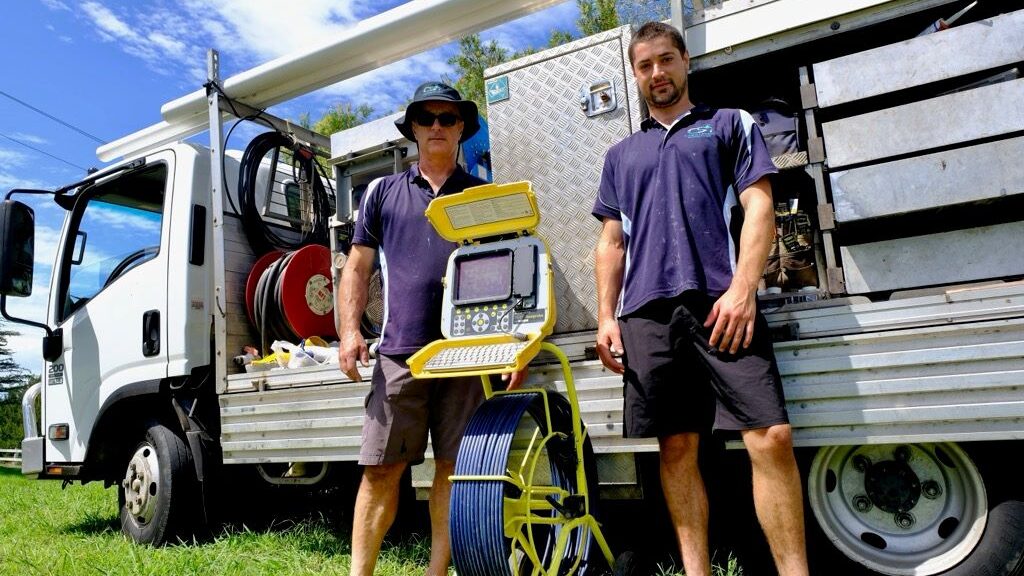Optimising Hot Water Storage Tank Systems for Maximum Household Efficiency
Storage hot water systems are highly regarded as a dependable and energy-efficient choice for numerous households in Wollongong, particularly suited for larger families or homes that have already implemented established electric or gas systems.
While state-of-the-art technologies such as heat pumps and continuous flow units provide superior efficiency, optimally sized and well-maintained storage tanks can deliver remarkable outcomes, particularly when combined with off-peak electricity or natural gas. The choice of which system best fits your home hinges on a variety of factors, including your energy configuration, available space for installation, and your daily water consumption routines.
Ultimately, your decision will be influenced by your household dynamics, specific hot water requirements, and the structure of your energy framework.

Understanding the Efficient Operation of Storage Tank Hot Water Systems
A storage hot water system operates by heating water within a durable cylindrical tank, maintaining it at a predetermined temperature for immediate access. When you activate the tap, hot water flows straight from the tank. As water is consumed, the system actively replenishes the tank and reheats the water to guarantee a consistent supply is readily available at your convenience. This mechanism ensures you never have to be concerned about running out of hot water during your daily routines, providing peace of mind for all household members.
The variety of available tanks is quite impressive, ranging from compact 50-litre models that fit snugly in limited spaces to expansive units surpassing 400 litres, ideal for larger families or commercial applications. This extensive diversity allows homeowners to choose a system that precisely meets their specific needs while ensuring optimal performance and efficiency tailored to their lifestyle.
The Advantages of Storage Tank Systems as a Smart Home Investment
- Streamlined Design for User-Friendly Operation. These systems feature a straightforward design, devoid of complex sensors or intricate electronic components that are prone to failure, ensuring reliability.
- Consistent Performance for Reliable Hot Water Supply. They excel in homes with a steady demand for hot water, guaranteeing that your family’s needs are continually satisfied without interruption.
- Flexible Installation Options for Any Configuration. Storage tanks can be conveniently installed in various locations—whether indoors or outdoors—and can be oriented either vertically or horizontally, based on your spatial requirements.
- Minimal Maintenance Needs for Stress-Free Ownership. Most replacement parts are affordable and easily accessible, making the upkeep of these systems manageable and budget-friendly.
In numerous homes throughout Wollongong, particularly those with older plumbing configurations or larger families, storage tanks persist as a reliable and economically viable solution to meet hot water demands effectively.
Essential Considerations When Choosing Between Gas and Electric Storage Tanks
Electric Storage Systems
These systems are typically straightforward to use and easy to install, making them an excellent choice for residences with a consistent electricity supply. They often operate on off-peak tariffs, which can lead to substantial savings on energy costs over time. Electric systems are particularly beneficial for smaller households or properties that lack access to gas connections, ensuring a reliable hot water supply without complexity.
Gas Storage Systems
Gas systems offer rapid water reheating capabilities, rendering them an efficient choice for households with high hot water demand. If your home is already equipped with natural gas, choosing a gas storage tank can be a wise long-term investment, ensuring that your hot water requirements are met swiftly and efficiently.
Unsure which option best suits your specific circumstances?
Our dedicated pages on electric and gas hot water systems provide comprehensive insights into both alternatives, helping you to make a well-informed decision tailored to your needs.
Identifying Common Issues with Older Storage Tank Systems
- Running Out of Hot Water before all family members have had their showers can lead to frustration and significant inconvenience.
- Higher Energy Bills that result from inadequate insulation or operational inefficiencies within the system can add up over time, impacting your budget.
- Leaks or Rust appearing around the base of the tank can indicate potential system failure and require immediate attention to avert further damage.
- Long Recovery Time between uses may cause inconvenient delays in accessing hot water when you need it the most.
- Unusual Noises like popping or hissing during the heating cycle can signal possible issues with the system, warranting professional evaluation.
If you recognise any of these problems, it may be time to contemplate a replacement or, at the very least, schedule a professional inspection to ensure your hot water system operates optimally.
Determining Whether to Upgrade or Transition to a New Hot Water System
If your current storage tank exhibits any of the following indicators:
- Is over 10 years old, suggesting it may be approaching the end of its useful life.
- Shows visible signs of wear or operational inefficiency, which can adversely affect performance and reliability.
- Struggles to meet your household's hot water needs, resulting in interruptions in daily routines.
In such cases, it is prudent to consider an upgrade.
This could involve investing in a new storage tank that incorporates enhanced insulation qualities or exploring alternatives such as an instantaneous or heat pump system, which may offer improved efficiency and performance tailored to your household's needs.
We’re here to assist you in making the best decision based on your energy access, spatial considerations, and overall water usage patterns.
Critical Factors to Evaluate When Selecting Your Hot Water System
Storage tank systems remain relevant, particularly for larger homes or configurations lacking the necessary infrastructure for more advanced technologies. When appropriately sized and well-maintained, they provide a straightforward, cost-effective, and efficient solution for hot water needs.
However, they are not universally applicable. As the market expands to include a diverse array of more efficient and adaptable options, consulting with a licensed plumber becomes crucial. A professional can assess your unique requirements and suggest the most suitable hot water solution tailored to your household.
Are you seeking guidance in selecting or replacing your hot water system? Contact our expert team today for tailored advice and solutions that meet your specific needs.

Commonly Asked Questions Regarding Gas and Electric Hot Water Systems
Which Type of Hot Water System Is More Economical: Gas or Electric?
In general, gas hot water systems are recognised for their lower operational expenses, particularly if your home is already connected to natural gas. However, electric systems that leverage off-peak tariffs or are integrated with solar power can also yield competitive running costs. Your final choice will depend on your particular usage patterns and the local energy rates applicable in your area.
Which Type of System Heats Water More Quickly: Gas or Electric?
Gas systems generally heat water more swiftly than electric systems, proving especially beneficial for larger families or homes equipped with high-demand appliances. Although electric systems may demonstrate slower recovery times, ongoing advancements in technology are leading to improved efficiency and performance across the board.
Are Gas Hot Water Systems More Suitable for Large Families?
Indeed, gas storage or instantaneous systems are often more appropriate for larger households, where multiple individuals may require hot water simultaneously. Their rapid reheating capabilities allow them to comfortably meet high usage demands without the risk of quickly depleting the hot water supply.
Can You Install a Gas Hot Water System Without a Gas Connection?
Yes, it is feasible to install a gas system, but you will need to utilise LPG (bottled gas) instead of mains natural gas. This scenario is commonly encountered in rural or semi-urban regions of the Illawarra. Keep in mind that the expenses associated with LPG can be higher, and you will need to manage delivery logistics.
Are Electric Hot Water Systems Still a Viable Option?
<pCertainly! Electric systems are user-friendly, cost-effective, and widely accessible. They are particularly well-suited for smaller homes, apartments, or properties lacking gas infrastructure. When combined with solar PV systems or utilised during off-peak rates, they can achieve remarkable efficiency levels that align with modern sustainability goals.
Which Type of System Has a Longer Lifespan: Gas or Electric?
Both systems typically have comparable lifespans, generally ranging from 8 to 15 years. This can be influenced by factors such as brand, usage habits, and water quality. Regular maintenance is crucial; components like anodes, valves, and thermostats should be routinely evaluated to maximise the system's longevity and performance.
Which Option Is More Environmentally Friendly?
Electric systems that are integrated with solar power or heat pumps generally exhibit the lowest carbon footprint. While gas systems are cleaner in comparison to electricity generated from coal, they still produce carbon emissions. If sustainability is a priority for you, consider selecting modern electric systems or those supported by solar energy to minimise environmental impact.
Are Storage Tank Hot Water Systems Still a Good Choice in Wollongong?
The Article: Storage Tank Hot Water Systems: A Smart Choice for Wollongong first appeared on https://writebuff.com
The Article Hot Water Systems: Why Wollongong Should Choose Storage Tanks Was Found On https://limitsofstrategy.com

